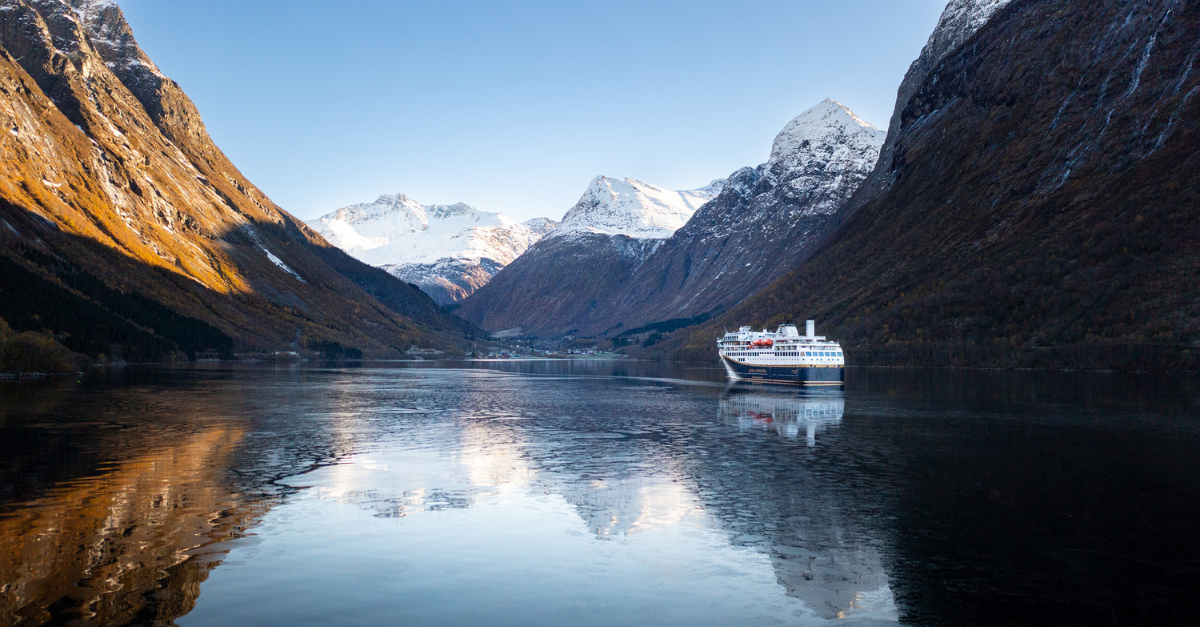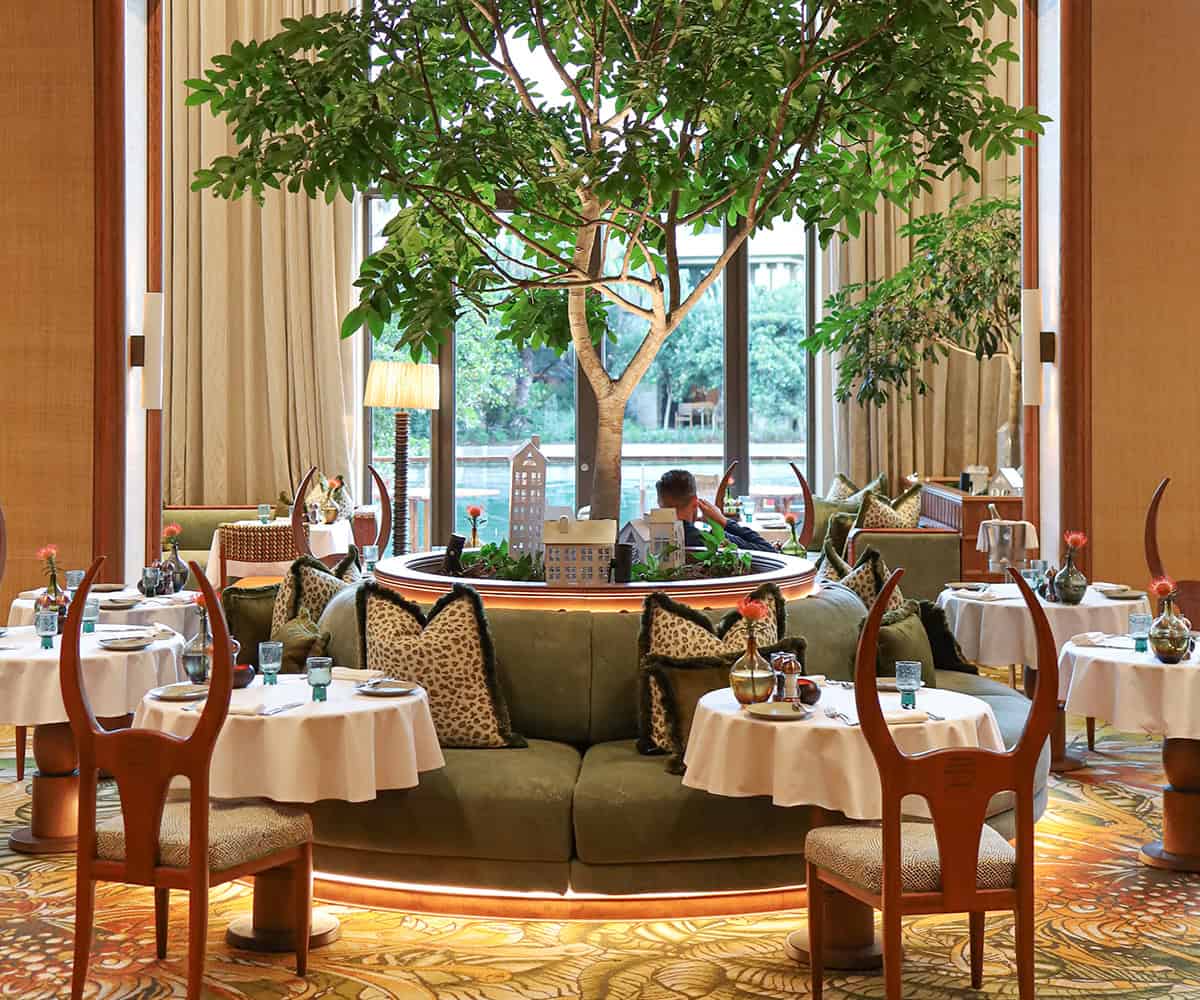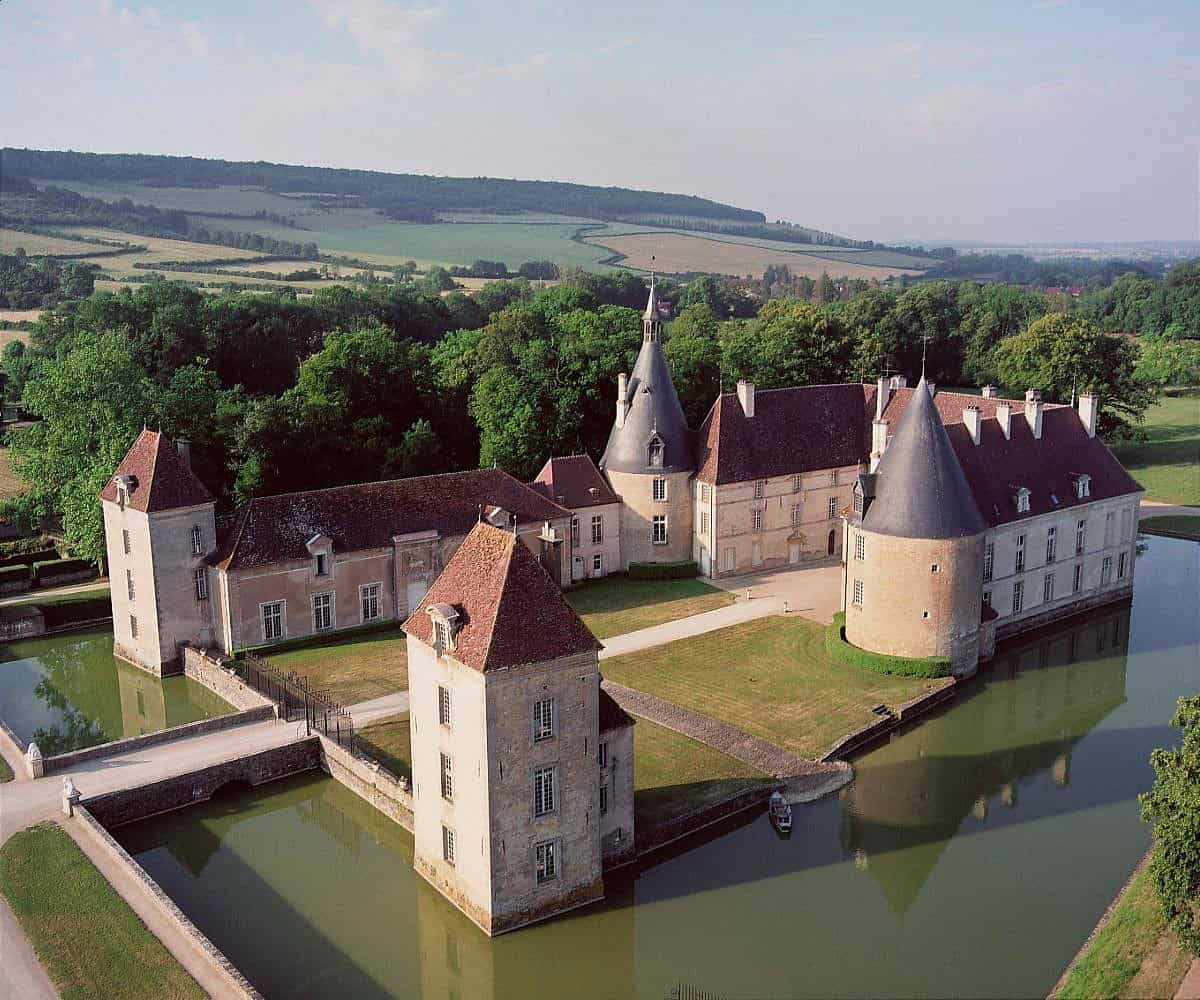Havila Voyages joins consortium to design ‘innovative decarbonised shipping solution’
Project aims to make LNG ‘a permanently viable option’ and not just transitional fuel

Norwegian specialist Havila Voyages has joined a consortium to develop an LNG fuel solution to help decarbonise the shipping industry.
Maritime technology HAV Group, natural gas company Molgas Norway and research institution SINTEF will form the LNGameChanger project which aims to develop a solution combining LNG-fuelled solid oxide fuel cell power trains with high-efficiency onboard carbon dioxide liquefaction and storage.
This is designed to help capture and store emissions, confirm energy efficiency and emission targets and establish a user case for vessel design and operations.
HAV Group will be the project owner and has a “clear ambition to further mature the solution towards commercialisation”.
LNGameChanger also aims to help develop infrastructure needed for decentralised CO2 collection and transport in port.
The Norwegian Research Council has awarded the project a grant of approximately NOK 5 million over its two-year duration.
Gunnar Larsen, HAV Group chief executive officer, said: “The LNGameChanger project aims to create the basis of a new product in form of a low-or zero-emission solution for the maritime industry, strongly positioned for a growing LNG market and infrastructure with superior efficiency to alternative solutions.
“If this objective is achieved, LNG can become not only a transitional fuel, but a permanently viable option in low-emission maritime transport, alongside for example hydrogen.”
Havila Voyages’ four-ship fleet currently uses LNG as as fuel in combination with battery power.
Bent Martini, Havila Voyages chief executive officer, said: “We have clear ambitions to move towards carbon neutrality and eventually zero emissions, and that can be done with our current fleet.
“This project is of great interest for us as our main power source today is LNG. We are eagerly awaiting the results and possibilities that lay ahead.”
He added: “To be able to meet future requirements and reach the goals for a greener future, we cannot lock ourselves in one direction.
“We have to investigate the possibilities available to find the best solution, both for the environment and from a business perspective.”
The LNGameChanger project comes as Hurtigruten has set out plans to design a ship that can sail emission-free in normal operations on the Norwegian coast from around 2030.
Pictured: Havila Polaris in Hjørundfjorden

 Aliver
Aliver 






























